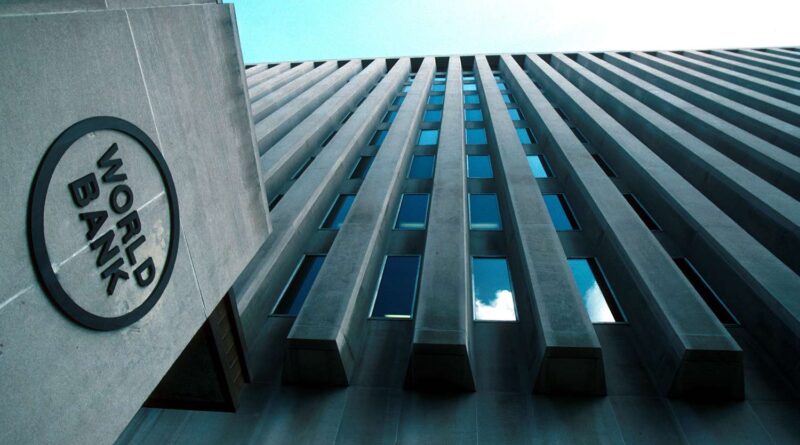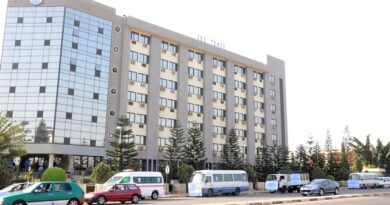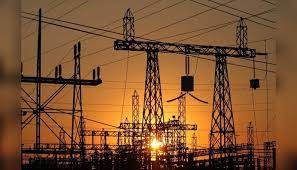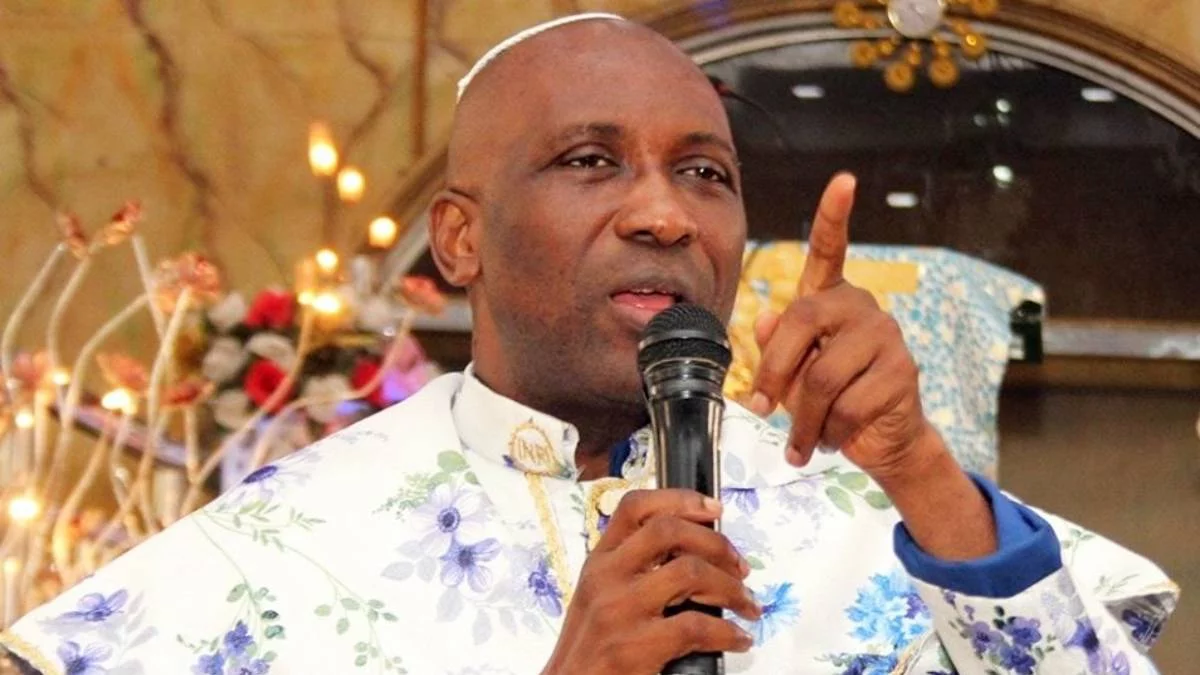Nigeria Receives $1.5bn from World Bank for Subsidy Removal and Tax Reforms
Nigeria has successfully received a $1.5bn loan from the World Bank after implementing significant economic reforms, including the removal of fuel subsidies and the introduction of comprehensive tax policies. This loan is part of the Reforms for Economic Stabilisation to Enable Transformation Development Policy Financing initiative and is one of the fastest disbursements Nigeria has ever received, with both tranches being released in less than six months.
The loan, which was approved on June 13, 2024, saw the first tranche of $750m disbursed on July 2, 2024. The second tranche, tied to the fulfillment of key reform conditions, was released in November 2024. The disbursement of this loan stands in contrast to other loan programs, which often face delays due to partial or slow implementation of reform conditions.
The World Bank document highlights that the critical reforms that unlocked the second tranche included the removal of fuel subsidies, which allowed fuel prices to align with international market rates. This deregulation of the fuel market, which took effect in October 2024, marked a significant shift in Nigeria’s fiscal policy, with petrol prices increasing more than fivefold since mid-2023. Despite the praise for fiscal prudence, the reform has sparked public protests due to its impact on living costs.
In addition to the fuel subsidy removal, the Nigerian government introduced sweeping tax reforms, including a proposal to increase the Value Added Tax (VAT) rate to 10% by 2025. These reforms aim to improve revenue mobilization, as Nigeria has historically had a low tax-to-GDP ratio.
The World Bank praised the Nigerian government’s swift implementation of these reforms, which are seen as crucial for diversifying the country’s revenue sources. However, the tax reforms have generated controversy, particularly among northern leaders who fear that the changes may exacerbate economic disparities between the northern and southern regions.
In response to the public backlash, the Nigerian government has introduced relief measures, such as direct cash transfers to vulnerable households, and efforts are underway to promote compressed natural gas as a cheaper alternative to petrol.
Despite concerns over rising external debt, the World Bank has commended Nigeria’s efforts to address fiscal inefficiencies and revenue challenges. The loan disbursement, alongside Nigeria’s ongoing reform efforts, is viewed as a critical step towards economic transformation and stability.








